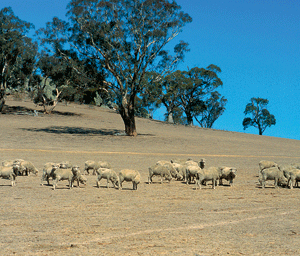
|
Published: 21 November 2011
Businesses warned to back up carbon-price claims
The Australian Competition and Consumer Commission has launched a guide for businesses on carbon-price claims.

|
|
The ACCC is on the alert for companies unable to substantiate price rises attributed to the impact of carbon pricing. Credit: DNY59/iStockphoto
|
‘The ACCC is launching this guide to assist business in understanding their rights and obligations when making claims about the impact of a carbon price,’ says ACCC chairman, Rod Sims.
‘Business costs increase all the time, and businesses are free to set their own prices. However, if a business chooses to raise their prices they should not misrepresent this as a result of the carbon price when it is not the case.
‘This is not new – the message is simple: if you are going to make a claim, you need to make sure it is right.’
Australian Consumer Law provides the ACCC with powers that will be used to investigate the accuracy of claims about the impact of a carbon price.
The ACCC may issue a substantiation notice that requires a business to provide information to support any claim it makes about the impact a carbon price.
Source: ACCC



